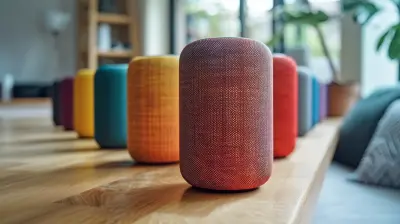How Biometric Security is Redefining Privacy
2 August 2025
In today’s fast-paced digital age, privacy has become a hot topic. We’re constantly looking for ways to protect our personal data from prying eyes, hackers, or even nosy corporations. And right at the heart of this privacy revolution is biometric security. You know, that fancy fingerprint scanner on your phone or the facial recognition feature that unlocks your laptop? That’s biometric security in action.
But here’s the thing: while it sounds super futuristic and cool, biometric security is doing a lot more than just making it easier to unlock your gadgets. It’s fundamentally changing how we think about privacy and security. So, let’s dive in and see how this technology is transforming the way we protect ourselves and our data.
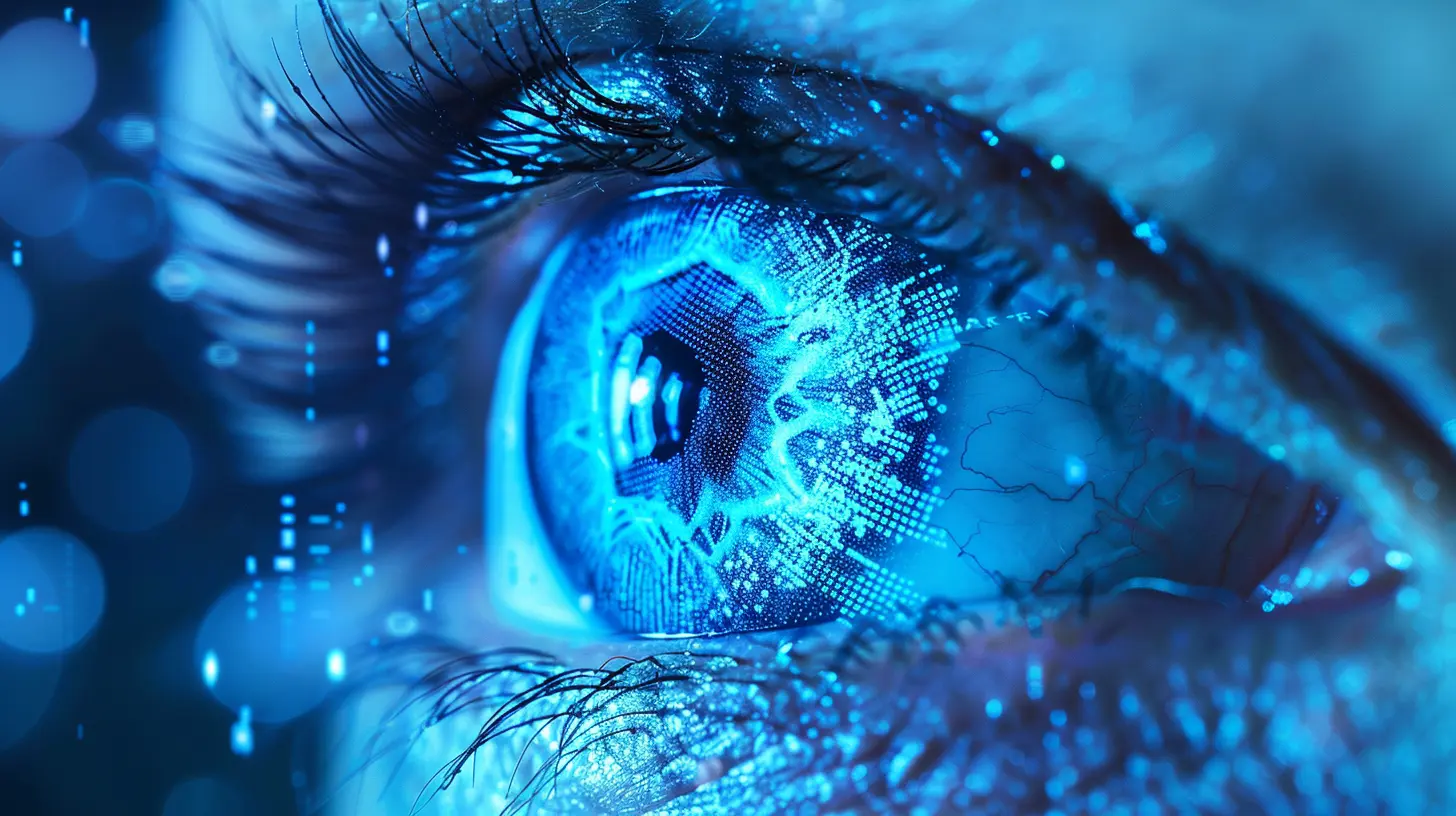
What Exactly is Biometric Security?
Before we get too far ahead of ourselves, let’s break it down. Biometric security refers to the use of biological traits to verify identity. It’s like having a unique key to your data that only you possess. This can include fingerprints, facial recognition, voice patterns, iris scans, or even the way you walk. Yep, your gait can be a biometric identifier!So, instead of relying on traditional passwords or PIN codes, biometric security uses a part of you. It’s the ultimate “you are the password” solution.
Types of Biometrics
Let’s take a quick look at some common forms of biometric security:- Fingerprint Recognition: Probably the most familiar. Just place your finger on a sensor, and voilà, you’re in!
- Facial Recognition: This technology maps your face’s unique features, like the distance between your eyes or the shape of your jawline.
- Iris Scanning: Your irises are as unique as fingerprints, and scanning them can provide a high level of security.
- Voice Recognition: Your voice has unique pitch, tone, and inflection patterns that can be used for verification.
- Behavioral Biometrics: This is where things get a bit sci-fi. It analyzes how you type, swipe, or even the rhythm of your walk.
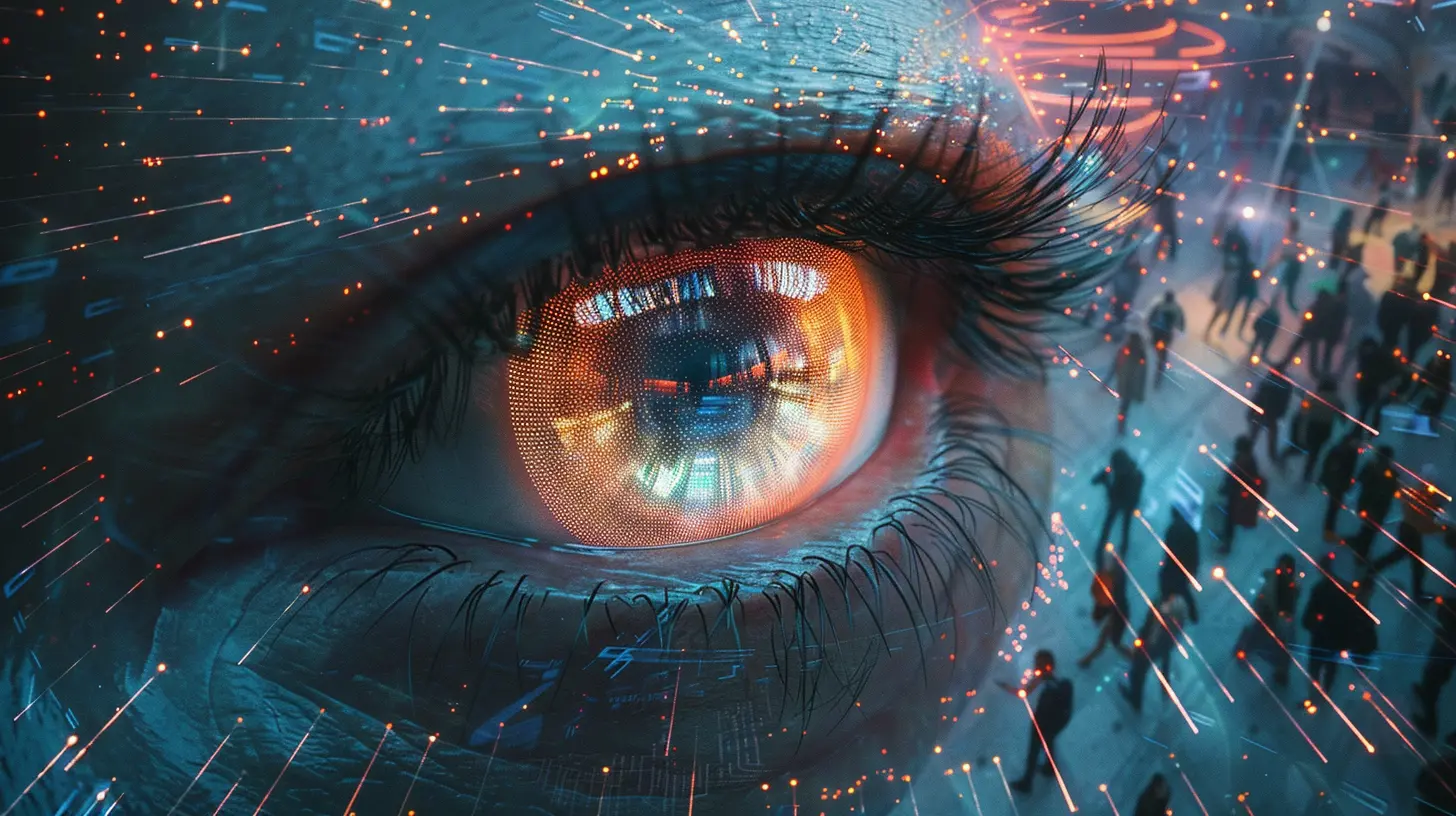
Why Biometric Security is Taking Off
In a world where data breaches are becoming all too common, traditional passwords just aren’t cutting it anymore. Think about it—how many times have you used the same password for different accounts? Or forgotten your password and had to go through the hassle of resetting it? We’ve all been there.Biometric security offers a solution to these problems. It’s more convenient (because let’s face it, you can’t forget your fingerprint), and it’s harder to replicate. After all, while hackers can crack passwords, good luck to them trying to steal your face or iris!
Convenience Meets Security
One of the key reasons biometric security is so appealing is its combination of convenience and security. With a simple glance or touch, you can unlock your device. No more juggling complex passwords or trying to remember which combination of numbers and letters you used for which account.But it’s not just about convenience. Biometrics offer a level of security that’s much harder to bypass. A hacker can phish for your password, but they’d need a lot more than clever coding to steal your face or fingerprint! This makes it an ideal solution for protecting sensitive data, whether that’s on your smartphone or in a corporate setting.
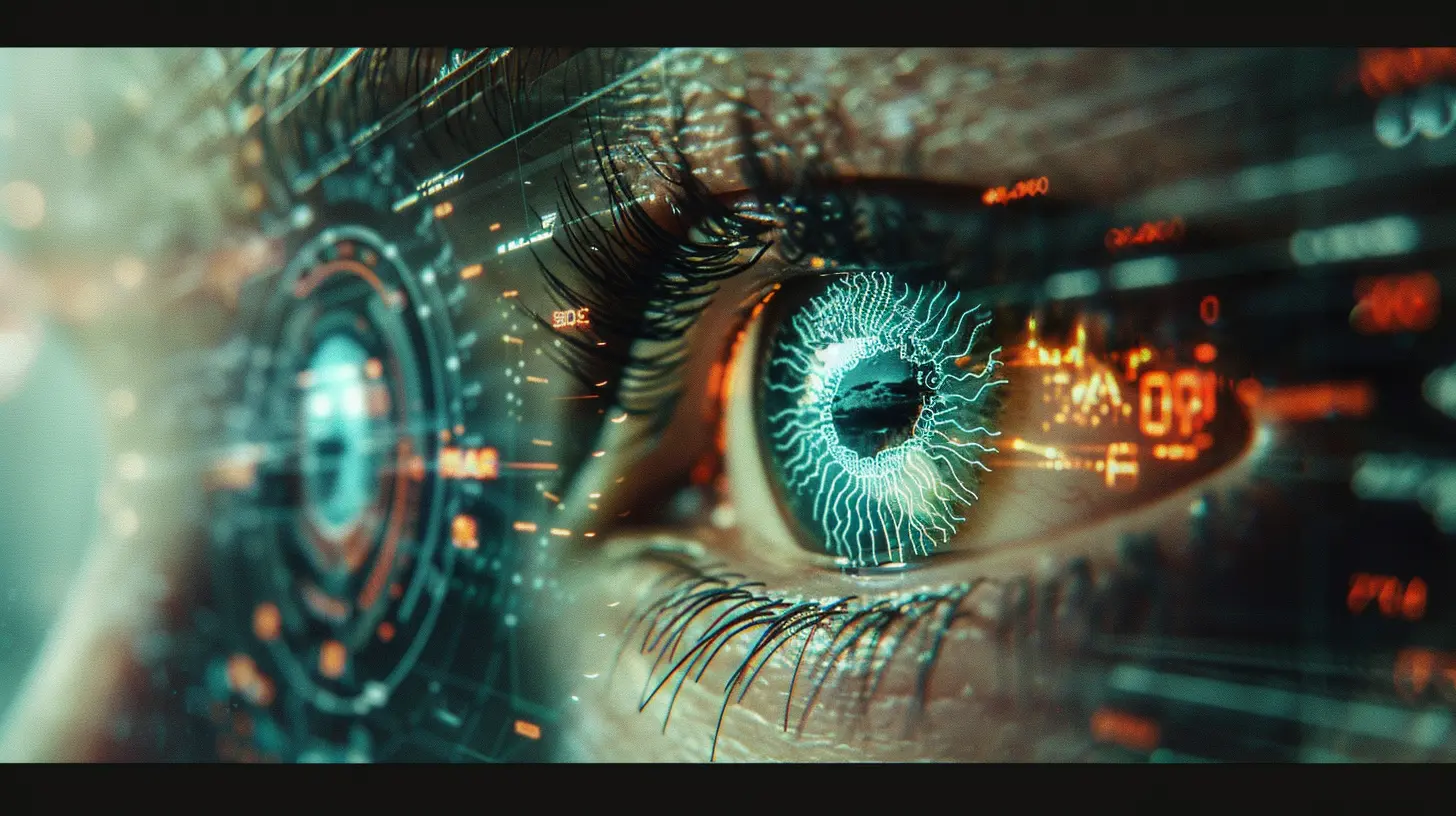
The Role of Biometric Security in Redefining Privacy
Now, this is where things get really interesting. Biometric security isn’t just about making it easier to unlock your phone. It’s changing the entire landscape of what privacy means in the digital world.No More Shared Secrets
Traditionally, security relied on shared secrets—things like passwords or PINs that only you and the system knew. But with biometrics, the "secret" isn’t something you remember; it’s something you are. This shift means that privacy is tied more closely to your physical identity than it ever has been before.Think about it: your fingerprint or face is unique to you. No one else can claim it. This makes it much more difficult for someone to impersonate you or steal your identity. It’s not just about keeping your data safe; it’s about keeping you safe.
Reducing Data Breaches
Data breaches are a huge problem. But with biometric security, there’s less data to steal. Why? Because with biometrics, there’s no need to store passwords or other easily hackable information. Instead, your biometric data is stored as encrypted templates that are nearly impossible to reverse-engineer.Even if someone were to gain access to a company’s servers, they wouldn’t be able to use your biometric data in any meaningful way. It’s like having a lock that can only be opened by the original key—and that key is you.
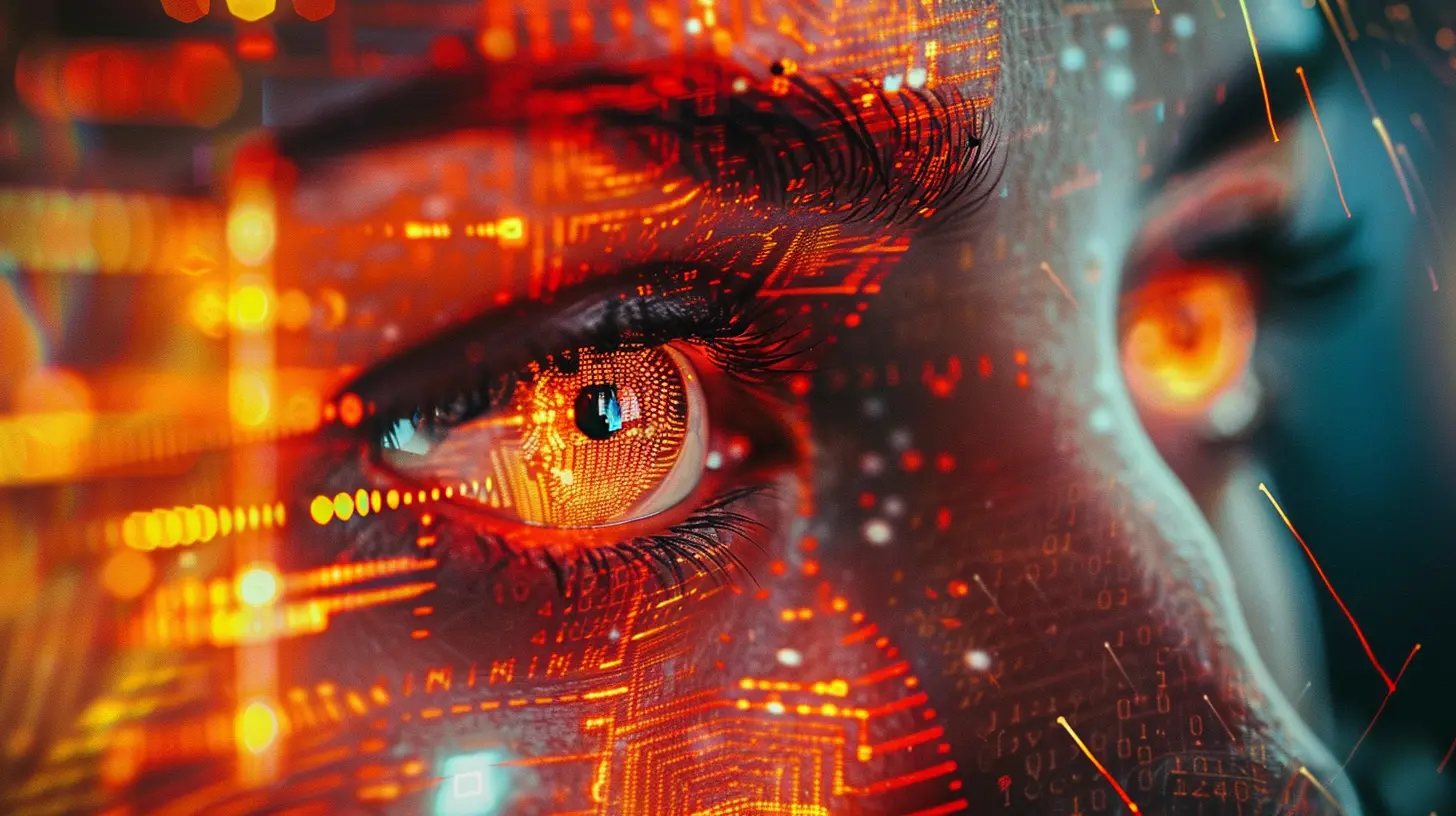
The Privacy Concerns Around Biometric Security
Of course, as with any new technology, biometric security isn't without its controversies. While it offers unparalleled convenience and protection, there are legitimate concerns about how biometric data is being used and stored.Where is Your Data Going?
One of the biggest questions surrounding biometrics is: where is all this data being stored? Your fingerprint or face scan is personal, and you don’t want it falling into the wrong hands. Most systems store biometric data locally (like on your smartphone), but some companies store it in the cloud. And let’s be real—cloud storage can be vulnerable to hacks.While many companies claim that biometric data is encrypted and secure, there’s always that lingering fear that it might be misused or stolen. Once your biometric data is out there, it’s nearly impossible to change. After all, you can’t exactly swap out your fingerprint like you can a password.
The Risk of Surveillance
Another concern is the potential for mass surveillance. Governments and corporations could, theoretically, use biometric data to track people. Imagine walking down the street and being identified by every camera you pass. It sounds like something out of a dystopian novel, but it’s already happening in some parts of the world.Balancing security with personal freedom is a delicate line. While biometric systems can offer better protection, they can also be used to invade privacy in ways we haven’t fully considered yet.
The Future of Biometric Security
Biometric security is still evolving, and we’re just scratching the surface of what it can do. As technology advances, we’ll likely see even more sophisticated biometric systems that offer greater protection while minimizing privacy risks.Multimodal Biometrics
One of the most exciting developments is multimodal biometrics, which combines multiple biometric factors for even stronger security. For example, a system might require both a fingerprint and a voice scan to verify your identity. This makes it even harder for hackers to get in, since they’d need to replicate more than one biometric trait.Biometric Wearables
We might also see biometric wearables that continuously monitor your identity. Imagine a smartwatch that uses your pulse or skin pattern to verify your identity throughout the day. This could offer seamless security without requiring any active input from you.AI and Machine Learning
Artificial intelligence and machine learning could take biometric security to the next level by identifying subtle changes in your biometric data. For example, if someone tries to impersonate you using a 3D-printed fingerprint, AI might be able to detect that it’s not quite right.
Is Biometric Security the Future of Privacy?
So, is biometric security the ultimate solution to our privacy concerns? In many ways, it’s a game-changer. It offers a level of convenience and security that traditional methods just can’t match. But like any technology, it comes with its own set of challenges.We need to be mindful of how biometric data is stored and used. While it can provide robust protection, it can also be misused if it falls into the wrong hands. As we embrace biometric security, we must also prioritize transparency, consent, and accountability.
In the end, biometric security is redefining privacy in ways we’re only beginning to understand. It’s not just about protecting our data—it’s about protecting our identities in an increasingly digital world.
all images in this post were generated using AI tools
Category:
Emerging TechnologiesAuthor:

Kira Sanders
Discussion
rate this article
2 comments
Tate Gill
Biometric security: where we trade our fingerprints for privacy! It's like giving your phone a high-five while reminding it not to spill your secrets. Tech never looked so personal!
December 13, 2025 at 6:06 AM

Kira Sanders
Thank you for your insightful comment! Biometric security indeed redefines our relationship with technology, blending convenience with the complexities of privacy.
Foster Jimenez
This article beautifully captures the balance between innovation and personal privacy. As biometric security evolves, it's crucial we remain vigilant about protecting our identities. Thank you for shedding light on such an important topic that impacts us all in today's digital age.
August 4, 2025 at 10:27 AM

Kira Sanders
Thank you for your thoughtful comment! I'm glad you found the article insightful. It’s indeed vital to strike that balance as technology advances.

